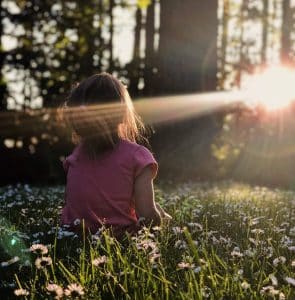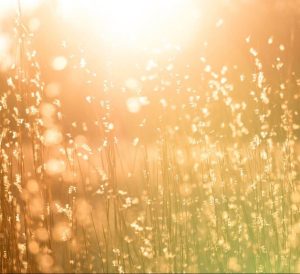Holding Your Breath Can Delay Healing



The mind is unwavering like the
Flame of a lamp in the windless place.
In the still mind,
In the depths of meditation,
The Self reveals itself.”
~ The Bhagavad Gita

When I was introduced to mindfulness, I was confused. It never occurred to me that the healthiest place for my mind to be (and amazingly the most productive!) was in the present. Not thinking ahead, nor about what had already been done, but in the present moment.

A contemporary definition of mindfulness describes it as a technique, not affiliated with religion (i.e. secular), used to reduce “negative experiences”, such as those related to stress, pain, depression, anxiety, or chronic illness. It’s described as a method to cultivate our focus on the present moment – and after days of scheduling, planning ahead, trying to recall details of the past, how could this not be a welcome relief?! Contemporary mindfulness is also about meeting our experience in the present with openness, curiosity, and kindness.

Please join Lisa Sabatini for this 3-part online (Zoom) introductory mini mindfulness course:
Wednesday evenings 7:00 to 8:00pm
September 15th to 29th, 2021


What to do:
Relish this period of slowing down to be here now. Explore the present moment. Every time you are aware you have leaned forward into the future or leaned back into the past; come back NOW to this exquisite moment before it slips away. What is present in the moment for you to See, Hear, Feel? How can this present moment support you?
Stress is a growing problem across the globe. The World Health Organization (WHO, 2017) ranks stress-induced disorders, such as depression, as a leading cause of disability worldwide. In response to the growing number of individuals suffering from stress-related mental disorders, researchers in Scandinavia have designed a nature-based therapy model for those on stress-leave. In 2001, The Healing Garden in Alnarp was established at the Swedish University of Agricultural Sciences, and soon after, in 2010, Nacadia Healing Forest Garden was constructed at the University of Copenhagen in Denmark.
This emerging model of green care is based on findings that individuals suffering from stress experience limited cognitive, emotional, and social resources, which often makes it difficult to think, learn or otherwise problem-solve in ways that might be required, for example, in talk therapy (Stigsdotter & Grahn, 2002; 2003).

People have a general tendency to fear the unknown. Oftentimes, we’d rather stick with what we know because it’s familiar and, well, let’s face it, the familiar is comfortable. When we look into a future of unknowns it tends to feel largely out of our control, and this lack of control is what tends to make us feel stressed. So, when we think about starting something new, we might hesitate, make excuses, or save the change for “one day when…”
How is it, then, that you can stop procrastinating and actually make change happen?

A concept many of us have embraced.
Mindfulness is in fact a great tool to use to monitor your energy, and to help you understand where your energy goes and how to ensure that you aren’t depleting yourself unnecessarily.